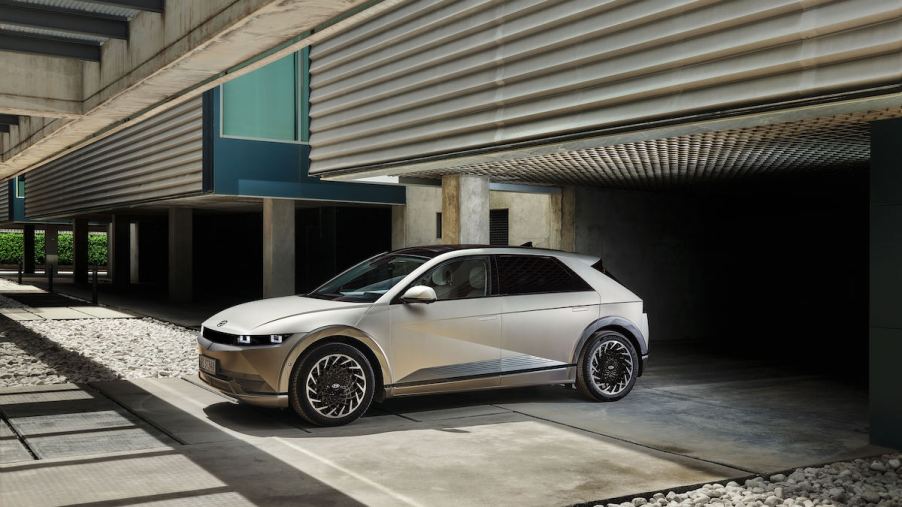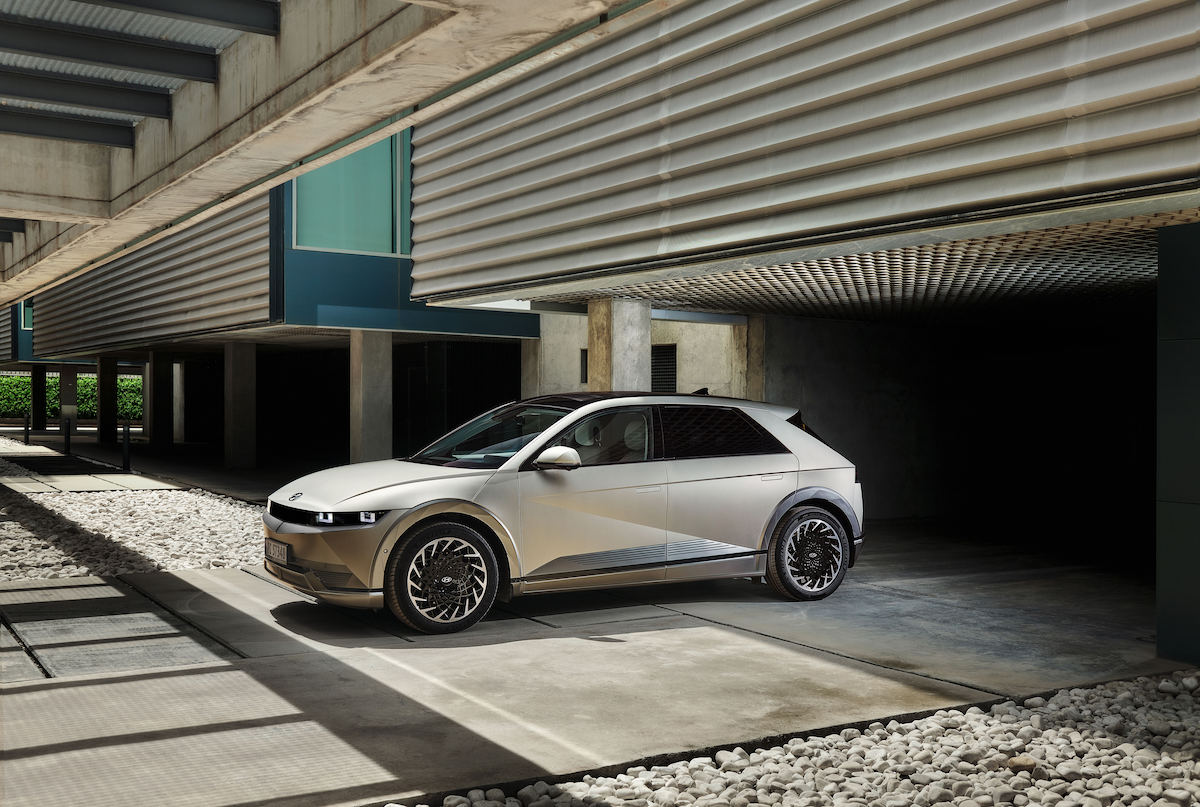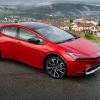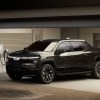
4 Reasons to Buy a 2022 Hyundai Ioniq 5, Not a Volkswagen ID.4
Marketed as an affordable EV, the new 2022 Hyundai Ioniq 5 has a lot of positives going for it. In fact, Hyundai hopes to use the all-electric crossover SUV to disrupt the EV market to become a major player. However, can it handle the competition? Here are four reasons to pick the 2022 Hyundai Ioniq 5 over the 2022 Volkswagen ID.4.
The 2022 Hyundai Ioniq 5 offers more range than the Volkswagen ID.4

All three trims of the Hyundai Ioniq 5 — SE, SEL, and Limited — offer 303 miles of driving range for the rear-wheel-drive models. Meanwhile, the VW’s range is only 280 miles.
But according to Edmunds, the ID.4 offers the edge in battery capacity at 82 kWh, compared to the Hyundai’s 77 kWh. As such, this difference in range might be partly due to the Hyundai being lighter.
The Volkswagen ID.4 weighs 5,644 pounds for the Pro trim, with higher trims and all-wheel-drive versions being heavier. Conversely, the 2022 Hyundai Ioniq 5 weighs about 5,357 pounds, with the weight maxing out at 5,600 pounds for AWD models, resulting in better fuel economy.
Consequently, Consumer Reports rates the Ioniq 5’s overall fuel economy at 98 MPGe while rating the Volkswagen SUV at 93 MPGe. It’s worth mentioning that the AWD Pro S, the ID.4’s highest trim level, gets an EPA-estimated range of only 245 miles. As for the Ioniq 5 equivalent, it gets an EPA-estimated 256-mile range.
The 2022 Hyundai Ioniq 5 boasts more horsepower and torque
Another reason why you should consider the 2022 Hyundai Ioniq 5 over its Volkswagen rival is that it makes the most efficient use of power in its batteries, resulting in more horsepower and torque. For the SE trim, that means an output of 225 hp and 258 lb-ft of torque. The Volkswagen’s trim equivalent, the Pro, makes a measly 201 hp and 229 lb-ft.
This trend is also visible in the highest-trim AWD versions of the electric SUVs. The SEL AWD from Hyundai, for instance, boosts the power output from 225 hp to 320 hp and the torque from 258 lb-ft to 446 lb-ft. The Volkswagen ID.4’s AWD Pro S trim also provides a power boost. However, compared to Hyundai’s offering, 295 hp and 339 lb-ft torque show a significant drop in output.
The Ioniq 5 weighs less than the Volkswagen ID.4
The Volkswagen ID.4 Pro trim weighs 5,644 pounds. Additionally, the heaviest configuration of the vehicle, the AWD Pro S, weighs 6,063 pounds. On the other hand, the lightest configuration of the Hyundai Ioniq 5 EV weighs 5,357 pounds, and the heaviest is 5,600 pounds.
The 287-to-463-pounds weight difference helps give the edge to the Ioniq 5 where fuel economy is concerned. It also makes it more maneuverable than its counterpart. That might be why Consumer Reports had nothing but praise for the Ioniq 5’s handling, even noting body roll is well contained.
In contrast, Consumer Reports mentions significant body roll in the ID.4, making it feel like you’re riding in a taller vehicle.
You get a better warranty with Hyundai
Warranty coverage is as crucial with EVs as with gas-powered vehicles, and the 2022 Hyundai Ioniq 5 offers a much better deal than the ID.4. To put that into perspective, Volkswagen provides a four-year/50,000-mile basic warranty, with the drivetrain guarantee being similar. The rust warranty offers seven-year/100,000-mile coverage, and finally, roadside coverage is three years or 36,000 miles.
On the other hand, Hyundai’s electric SUV offers better terms for the basic, drivetrain, rust, and roadside guarantees. The basic warranty offers five-year or 60,000-mile coverage. The drivetrain warranty is 10 years or 100,000 miles. As for the rust and drivetrain warranties, they’re seven years/unlimited miles and five years/ unlimited miles.


